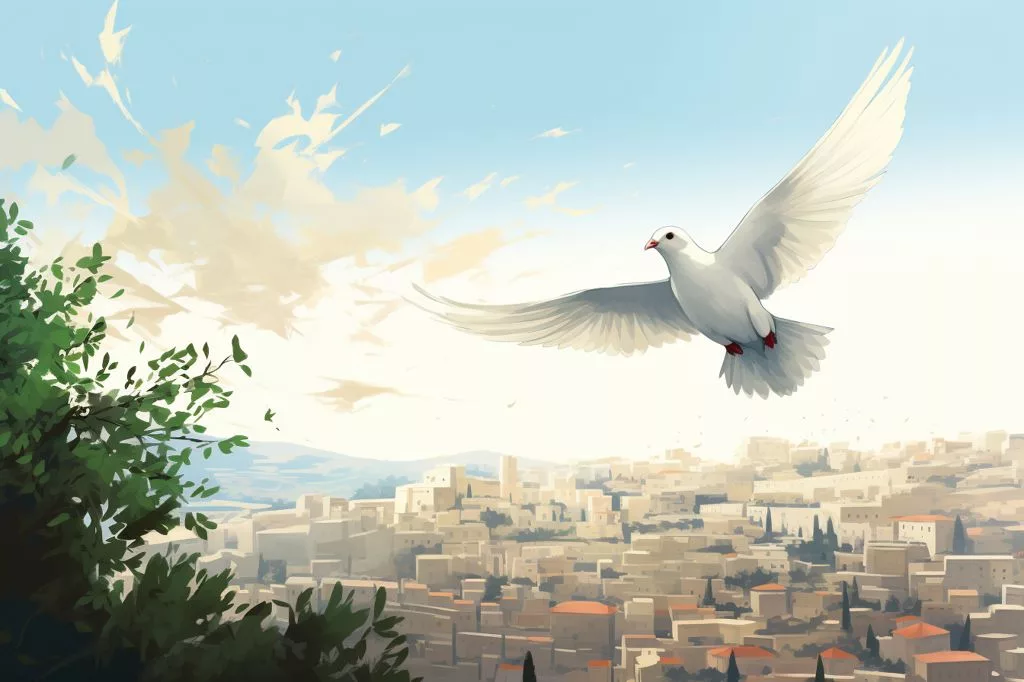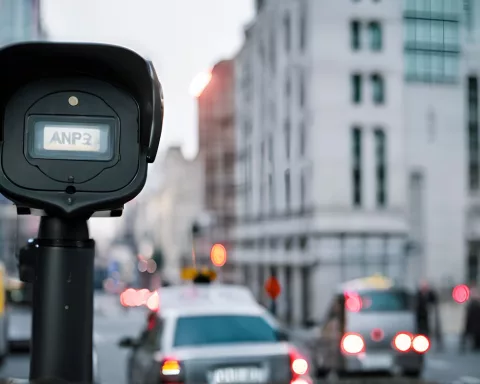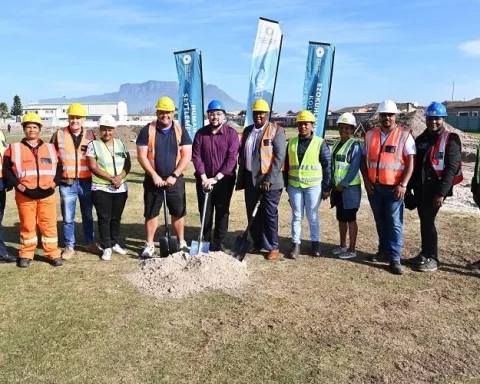South African President Cyril Ramaphosa calls for an immediate cessation of hostilities and advocates for the establishment of humanitarian corridors to provide aid to those in need. He emphasizes the importance of empathy, understanding, and diplomatic efforts in resolving conflicts and urges the global community to support the peace process. President Ramaphosa also calls for the formation of a viable Palestinian State coexisting with Israel within the 1967 borders.
What is President Ramaphosa’s response to the Israeli-Palestinian conflict?
South African President Cyril Ramaphosa expresses sympathy to all affected by the violence and demands an immediate cessation of hostilities. He advocates for the establishment of humanitarian corridors to provide aid to those in need and calls for the formation of a viable Palestinian State coexisting with Israel within the 1967 borders. President Ramaphosa urges the global community to support the peace process and emphasizes the importance of empathy, understanding, and diplomatic efforts in resolving conflicts.
South African President Responds to Violence
As the Israeli-Palestinian conflict experiences a resurgence, South African President Cyril Ramaphosa offers his heartfelt condolences to all individuals impacted by the violence. The renewed hostilities, which commenced on October 7, 2023, have led to over a thousand fatalities, many of whom were innocent civilians.
In these turbulent times, President Ramaphosa’s sympathies are with the victims’ families and friends. He has expressed serious apprehension regarding the brutal acts perpetrated against civilian populations and has demanded an immediate cessation of hostilities. The South African President has also implored both parties to demonstrate restraint in their actions.
Humanitarian Aid and the Path to Lasting Peace
A vital element in addressing the ongoing crisis involves creating humanitarian corridors. President Ramaphosa advocates for their immediate and unconditional establishment to ensure that those in desperate need of aid receive critical assistance. It is through these humanitarian channels that the alleviation of human suffering can be achieved to the greatest extent possible.
As the situation persists, the international community’s support for lasting peace grows increasingly critical. President Ramaphosa has called for a renewed dedication to an inclusive process resulting in the formation of a viable Palestinian State. This state would coexist peacefully with Israel within the 1967 internationally recognized borders, designating East Jerusalem as its capital.
South Africa’s own history of conflict resolution, particularly regarding mediation, is well-known. President Ramaphosa has stated the nation’s willingness to collaborate with the international community in this capacity, sharing their experiences and insights to help achieve peace in the region.
Furthermore, the South African President has urged the global community to take prompt action in supporting the peace process. The necessity for a unified approach is undeniable, as the path to a sustainable resolution demands the cooperation of nations worldwide.
The Role of Art, Culture, and Diplomacy in Conflict Resolution
The developments in the Israeli-Palestinian region serve as a stark indication of the need for empathy, understanding, and diplomatic efforts in resolving conflicts. As the world observes and grieves the loss of life, it is hoped that these tragic circumstances will act as a catalyst for enduring change.
Historically, art and cultural movements have frequently provided comfort and inspiration during times of turmoil. The Israeli-Palestinian conflict is no exception. While political solutions are pursued, the importance of remembering the power of creative expression in promoting empathy and understanding across cultural lines cannot be overstated. The exploration of shared human experiences through art and dialogue holds the potential to bridge gaps and establish the groundwork for lasting peace.
Amidst tragedy and devastation, it is crucial to draw from historical lessons and experiences in the quest for peace. The renewed Israeli-Palestinian hostilities serve as a reminder that the international community must promptly and resolutely support those impacted by such violent conflicts. Through collaboration and learning from the experiences of nations like South Africa, a lasting resolution that protects the rights and dignity of all parties involved can be attained.
In conclusion, as the world confronts the renewed Israeli-Palestinian conflict, it is vital to recognize that peace can only be achieved through diplomatic efforts, empathy, and understanding. By utilizing the insights and knowledge of nations experienced in mediation and conflict resolution, the international community can collaborate to effect lasting change. In this endeavor, President Ramaphosa’s call for peace, humanitarian assistance, and the creation of a viable Palestinian State serves as a potent reminder of the necessity for cooperation and dedication to the pursuit of peace.
What is President Ramaphosa’s stance on the violence in the Israeli-Palestinian conflict?
President Ramaphosa expresses sympathy to all affected by the violence and demands an immediate cessation of hostilities. He advocates for the establishment of humanitarian corridors to provide aid to those in need and calls for the formation of a viable Palestinian State coexisting with Israel within the 1967 borders.
What does President Ramaphosa emphasize in resolving conflicts?
President Ramaphosa emphasizes the importance of empathy, understanding, and diplomatic efforts in resolving conflicts.
What does President Ramaphosa urge the global community to do in the Israeli-Palestinian conflict?
President Ramaphosa urges the global community to support the peace process.
What does President Ramaphosa call for in the Israeli-Palestinian conflict?
President Ramaphosa calls for the formation of a viable Palestinian State coexisting with Israel within the 1967 borders.
What does President Ramaphosa suggest to address the ongoing crisis in the Israeli-Palestinian conflict?
President Ramaphosa advocates for the establishment of humanitarian corridors to provide aid to those in need.
How can art and culture help in conflict resolution?
Art and cultural movements can provide comfort and inspiration during times of turmoil and promote empathy and understanding across cultural lines.
What is South Africa’s history in conflict resolution?
South Africa has a history of conflict resolution, particularly regarding mediation, and is willing to collaborate with the international community in this capacity.
What is the key to achieving lasting peace in the Israeli-Palestinian conflict?
Diplomatic efforts, empathy, and understanding are key to achieving lasting peace in the Israeli-Palestinian conflict.








